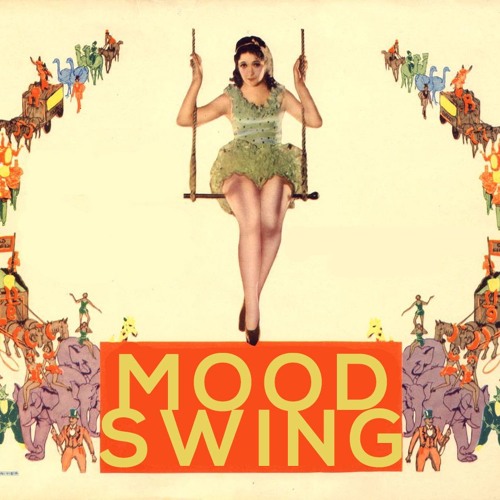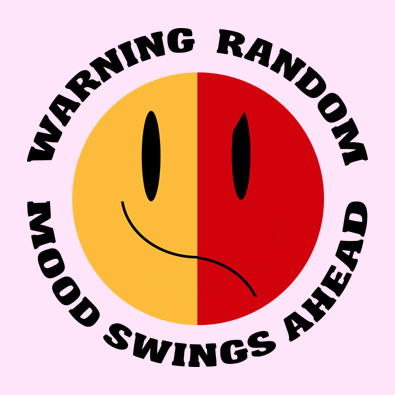
In women, your GP may decide to use valproate if there's no alternative or you have been assessed and it's unlikely you'll respond to other treatments. Learn more about the risks of valproate medicines during pregnancy on GOV.UK There may also be an increased risk of developmental problems, such as lower intellectual abilities, poor speaking, memory problems, autistic spectrum disorders, and delayed walking and talking. Valproate is not usually prescribed for women of childbearing age because there's a risk of physical defects in babies, such as spina bifida, heart abnormalities and cleft lip. They're also long-term mood stabilisers.Īnticonvulsant medicines are often used to treat epilepsy, but they're also effective in treating bipolar disorder.Ī single anticonvulsant medicine may be used, or they may be used in combination with lithium when bipolar disorder does not respond to lithium on its own. These medicines are sometimes used to treat episodes of mania. In the UK, lithium and the antipsychotic medicine aripiprazole are currently medicines that are officially approved for use in teenagers with bipolar disorder.īut the Royal College of Paediatrics and Child Health says that other bipolar medicines may be prescribed for children if recommended by their doctor. While you're taking lithium, avoid using non-steroidal anti-inflammatory drugs (NSAIDs), such as ibuprofen, unless they're prescribed by your GP.

Your kidney and thyroid function will also need to be checked, usually every 6 months. You'll need regular blood tests at least every 3 months while taking lithium. This is to make sure your lithium levels are not too high or too low. Tell your doctor immediately if you have side effects while taking lithium. If it's incorrect, you may get side effects such as diarrhoea and getting sick. If you're prescribed lithium, stick to the prescribed dose and do not stop taking it suddenly unless told to by your doctor.įor lithium to be effective, the dosage must be correct. It's usually prescribed for at least 6 months. Lithium is a long-term treatment for episodes of mania and depression. In the UK, lithium is the main medicine used to treat bipolar disorder. If you have to stop taking lithium for any reason, talk to your GP about taking an antipsychotic or valproate instead. If your GP or psychiatrist recommends you stop taking bipolar disorder medicine, the dose should be gradually reduced over at least 4 weeks, and up to 3 months if you're taking an antipsychotic or lithium. Most guidelines suggest depression in bipolar disorder can be treated with just a mood stabiliser.īut antidepressants are commonly used alongside a mood stabiliser or antipsychotic. If you're not, they'll change it.Įpisodes of depression are treated slightly differently in bipolar disorder, as taking antidepressants alone may lead to a relapse. If you're already taking medicine for bipolar disorder and you develop depression, your GP will check you're taking the correct dose. These are commonly called mood stabilisers and include: Several medicines are available to help stabilise mood swings. In some circumstances, you could have treatment in a day hospital and return home at night. Most people with bipolar disorder can receive most of their treatment without having to stay in hospital.īut hospital treatment may be needed if your symptoms are severe or you're being treated under the Mental Health Act, as there's a danger you may self-harm or hurt others.

lifestyle advice – such as doing regular exercise, planning activities you enjoy that give you a sense of achievement, and advice on improving your diet and getting more sleep.
Mood swing it takes two how to#

Most people with bipolar disorder can be treated using a combination of different treatments. If a person is not treated, episodes of bipolar-related mania can last for between 3 and 6 months.Įpisodes of depression tend to last longer, often 6 to 12 months.īut with effective treatment, episodes usually improve. Treatment for bipolar disorder aims to reduce the severity and number of episodes of depression and mania to allow as normal a life as possible.


 0 kommentar(er)
0 kommentar(er)
